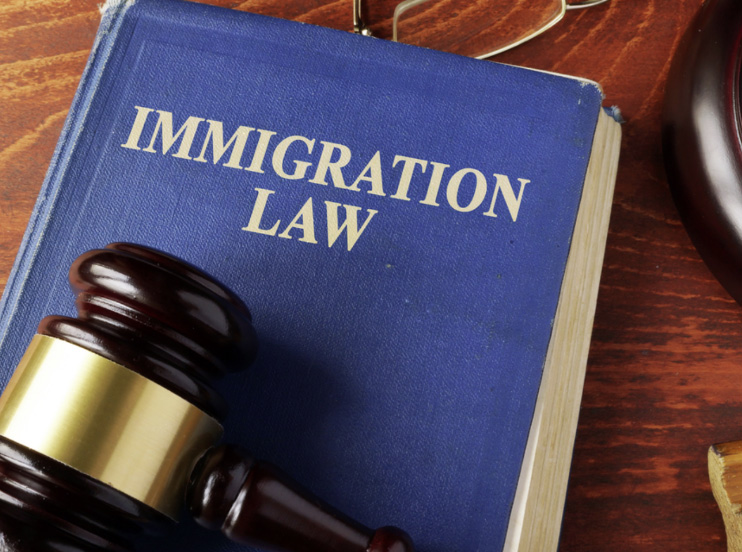*Updated on 30 January 2024: this blog has been updated to reflect that the increase in civil penalties is being put into place from 13 February 2024. *
This article has been jointly written by our immigration experts Frances Ledbury and Olivia Pickering.
The Home Office writes an early Valentine’s card to employers and landlords, with a sting in its tail…
The Home Office is looking to maximise their profits by not only targeting migrants, but landlords and employers alike. As discussed previously, visa fees and the immigration health surcharge are increasing by a significant amount.
In addition, the Government has announced increases to the penalty notice for employing illegal workers in the UK – up from £15,000 per person to a whopping £45,000 per person, or £60,000 per person for repeat offenders, starting on 13 February 2024. Receiving one of these fines could easily set a small business into financial difficulty and leave them with a damaged reputation. Below we will explore these changes and help you to avoid hot water.
The increase in civil penalty notice for illegal workers or residents as of 2024:
The Home Office is increasing the civil penalty notice fine from £15,000 per person to £45,000 per person, and £60,000 per person for repeat offenders, starting on 13 February 2024: financially ruinous amounts for any unwitting small business or landlord.
Why an employer would receive this type of penalty notice
Any UK employer has a legal requirement to conduct a right to work check before an employee begins working for their business or company or before a tenant starts residing in their property. If the appropriate right to work or rent check is not done (or not done correctly), and the employee or tenant does not have the right to legally work or reside in the UK, then the employer or landlord may be committing an offence of employing an illegal worker or housing an illegal resident.
We explain right to work checks here, but for now, let’s look at when a civil penalty notice would be issued. Should the company, business, or property be inspected by immigration enforcement and a member of staff or tenant is discovered to be working or residing illegally, then the employer will currently receive a civil penalty charge of £15,000 per person, increasing to£45,000 from 13 February 2024 – unless the employer has carried out a proper right to work or right to rent check, as explained below.
There are two typical scenarios in which an employer or landlord will be seen to be employing or housing illegal workers or residents, which are:
- Knowingly employing or housing illegal workers or residents (or having ‘reasonable cause to believe’ you were employing an illegal worker or housing an illegal resident)
- Unknowingly employing or housing illegal workers or residents.
Should an employer or landlord knowingly employ an illegal worker or house an illegal resident, then the employer or landlord will not only receive a civil penalty notice, but they may also be committing a criminal offence under Section 21 of the Immigration, Asylum and Nationality Act 2006.
Should an employer or landlord unknowingly employ or house illegal workers or residents, then they may still be liable for a civil penalty unless they carried out a proper right to work or right to rent check. If they conducted the correct right to work or right to rent check but were unaware, for example, of fraudulent documentation, then they will have a statutory excuse against the payment of a civil penalty notice.
The new and improved right to work check system
In light of this, it is extremely important that all employers are conducting correct right to work or right to rent checks for all of their employees or tenants.
British and Irish nationals need to only provide a copy of their passport to satisfy a right to work in the UK check. Alternatively, if the employee does not have a passport, they can prove their right to work with a UK/Irish birth or adoption certificate, or a certificate of registration or naturalisation as a British citizen. This must be accompanied by an official letter from a previous employer or government agency (P60 or P45, HMRC letter, etc.) that states the individual’s name and National Insurance number.
In contrast, any non-UK national employees or tenants must generally provide either a share code to their employer or the employer must use the Employer Checking Service (see more here), or the landlord must follow the appropriate right to rent procedures.
We can help!
Our trained immigration lawyers are able to assist you with any issues with civil penalty issues and advise on how to conduct right to work or right to rent checks correctly. Contact us today.
Further Reading
From one of the UK’s most read legal blogs.










